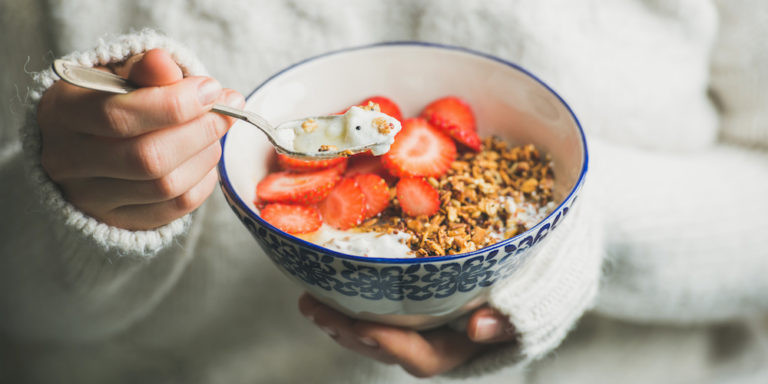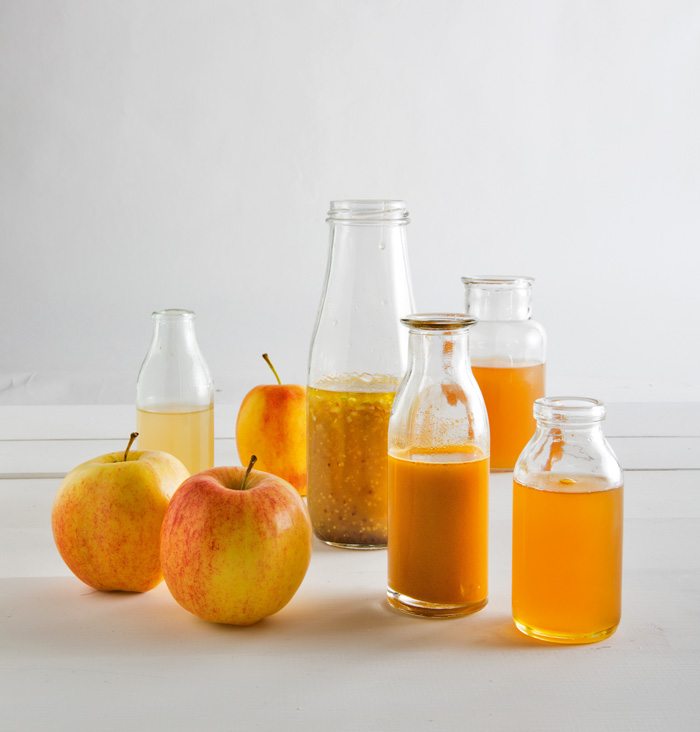Detoxes are prevalent on social media and spruiked by brands offering detox products, celebrities and influencers.
A documentary airing on Channel 10 this week – Todd Sampson’s Mirror Mirror: Are You Well? – explores our fascination with detoxing, and the science (or lack thereof) behind it.
So if you’re thinking of trying a detox, here’s what you need to know.
Detoxing is not new
Detoxing has held an attraction since the time of Hippocrates, who believed four bodily fluids or “humors” – blood, phlegm, black bile and yellow bile – had to remain in balance to maintain good health. Being unwell meant the body’s organs and fluids were somehow imbalanced and in need of correction.
Throughout the centuries these “imbalances” have been treated with everything from enemas and emetics to leech therapy and bloodletting. An enema sees a tube inserted into the anus to deliver medication or fluids to the rectum or colon. An emetic is a compound designed to make you vomit. Bloodletting involved using certain techniques – not for the faint of heart – to remove blood from a patient and supposedly cure disease.
Meanwhile, throughout history, the ritual of fasting as a display of self-discipline, purity and holiness was common, particularly among women.
What are the different types of detox?
Fast forward to today, and detoxes look a bit different. Detox products sold over the counter or online are typically teas or drinks to be consumed instead of food.
These approaches sometimes start with a fasting phase or use intermittent fasting throughout the program.
The “detox” tag is appearing on a growing range of teas, coffee, infused waters, drinks with added fruit, vegetables, herbal mixes, nutrients or added blends of “natural” ingredients. These products often claim to flush toxins from the body, or to boost immunity.
Global predictions indicate the detox drink market, estimated at more than US$5 billion in 2022, will grow in value by another 50% before 2030.
A survey of detoxification therapies used by naturopaths in the United States reported that more than three-quarters recommended dietary measures, including “cleansing foods” (such as beetroot), vitamin, mineral or antioxidant supplements, organic foods, elimination diets and probiotics.
While drinks and dietary measures represent typical approaches to a detox, there are also some more unusual detox practices.
One-third of patients in that same US study had undergone colonic irrigation, which involves infusing fluids into the colon to remove digestive waste.
More than one-quarter had used homeopathic remedies or laxative herbs.
While we don’t have equivalent data for Australia, a survey of more than 2,000 Australian adults found 63% had either used or consulted someone about complementary therapies in the previous year. A portion of these were likely detox therapies.
Do detoxes work?
The short answer is no. A review published in 2022 found detox diets failed to identify plausible pathways by which toxins could be eliminated, or the specific toxins supposedly removed by a particular diet.
This review also pointed out that detoxes defy the general principles of human physiology, in that the liver and kidneys are quite efficient at removing toxins from our bodies.
A previous review from 2015 similarly found studies did not provide convincing evidence to support the use of detox diets.
Detox products don’t have to prove they’re effective to be on the market. In Australia, complementary medicines sold over the counter are regulated by the Therapeutic Goods Administration, with ingredients assessed for quality and safety, but not whether the products actually work.
You should check any product and marketing claims before purchasing to see what the manufacturers say. Big promises to be sceptical about include eliminating toxins, rapid weight loss, stronger willpower, improved self-esteem, an energy or immunity boost, feeling happier, inner peace, or better skin, hair and nails.
Potential dangers of detoxing
Consuming detox products in place of a regular diet leads to a very low total kilojoule intake, and therefore may lead to weight loss in the short term. But they’re not a sustainable way to lose weight.
Detox diets that severely restrict kilojoules or food groups increase the risk of nutrient deficiencies. Adverse effects include fatigue, irritability and bad breath.
There’s also a risk detox product ingredient labels might not be accurate, increasing the risk of side effects, potential overdoses or other adverse events. In Spain, a 50-year-old man died after an incorrect ingredient was added to a liver cleanse detox product he used, leading to manganese poisoning.
A 2018-19 audit of premises in New South Wales performing colonic irrigation found failures to meet infection control standards.
Some people should definitely not try detoxing. This includes people with chronic medical conditions, eating disorders, older adults, children and women who are pregnant or breastfeeding.
One positive aspect of detox programs is that they may help raise awareness of your current food, alcohol or lifestyle habits that could be improved. Reflecting on these can potentially provide the motivation to try and eat more healthily.![]()
Clare Collins, Laureate Professor in Nutrition and Dietetics, University of Newcastle
This article is republished from The Conversation.







